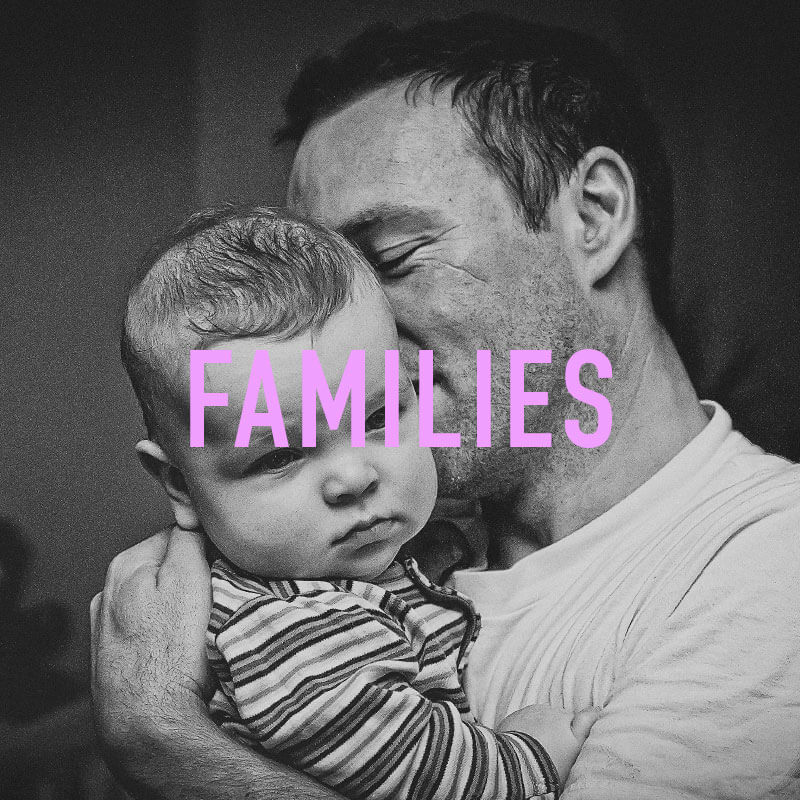
Ethics Explainer: Rights and Responsibilities
ExplainerPolitics + Human Rights
BY The Ethics Centre 2 JUN 2017
When you have a right either to do or not do something, it means you are entitled to do it or not.
Rights are always about relationships. If you were the only person in existence, rights wouldn’t be relevant at all. This is why rights always correspond to responsibilities. My rights will limit the ways you can and can’t behave towards me.
Legal philosopher Wesley Hohfeld distinguished between two sets of rights and responsibilities. First, there are claims and duties. Your right to life is attached to everyone else’s duty not to kill you. You can’t have one without the other.
Second, there are liberties and no-claims. If I’m at liberty to raise my children as I see fit it’s because there’s no duty stopping me – nobody can make a claim to influence my actions here. If we have no claim over other people’s liberties, our only duty is not to interfere with their behaviour.
But your liberty disappears as soon as someone has a claim against you. For example, you’re at liberty to move freely until someone else has a claim to private property. Then you have a duty not to trespass on their land.
It’s useful to add into the mix the distinction between positive and negative rights. If you have a positive right, it creates a duty for someone to give you something – like an education. If you have a negative right, it means others have a duty not to treat you in some way – like assaulting you.
All this might seem like tedious academic stuff but it has real world consequences. If there’s a positive right to free speech, people need to be given opportunities to speak out. For example, they might need access to a radio program so they can be heard.
By contrast, if it’s a negative claim right, nobody can censor anyone else’s speech. And if free speech is a liberty, your right to use it is subject to the claims of other. So if other people claim the right not to be offended, for example, you may not be able to speak up.
There are a few reasons why rights are a useful concept in ethics.
First, they are easy to enforce through legal systems. Once we know what rights and duties people have, we can enshrine them in law.
Second, rights and duties protect what we see as most important when we can’t trust everyone will act well all the time. In our imperfect world, rights provide a strong language to influence people’s behaviour.
Finally, rights capture the central ethical concepts of dignity and respect for persons. As the philosopher Joel Feinberg writes:
Having rights enables us to “stand up like men,” to look others in the eye, and to feel in some fundamental way the equal of anyone. To think of oneself as the holder of rights is not to be unduly but properly proud, to have that minimal self-respect that is necessary to be worthy of the love and esteem of others.
Indeed, respect for persons […] may simply be respect for their rights, so that there cannot be the one without the other; and what is called “human dignity” may simply by the recognizable capacity to assert claims.
Feinberg suggests rights are a manifestation of who we are as human beings. They reflect our dignity, autonomy and our equal ethical value. There are other ways to give voice to these things, but in highly individualistic cultures, what philosophers call “rights talk” resonates for two reasons: individual freedom and equality.
Ethics in your inbox.
Get the latest inspiration, intelligence, events & more.
By signing up you agree to our privacy policy
You might be interested in…
Opinion + Analysis
Politics + Human Rights
You’re the Voice: It’s our responsibility to vote wisely
Explainer
Politics + Human Rights
Ethics Explainer: Ethics, morality & law
Opinion + Analysis
Climate + Environment, Politics + Human Rights
Is it time to curb immigration in Australia?
Opinion + Analysis
Politics + Human Rights, Relationships



